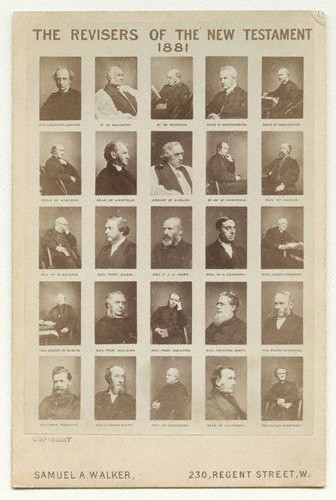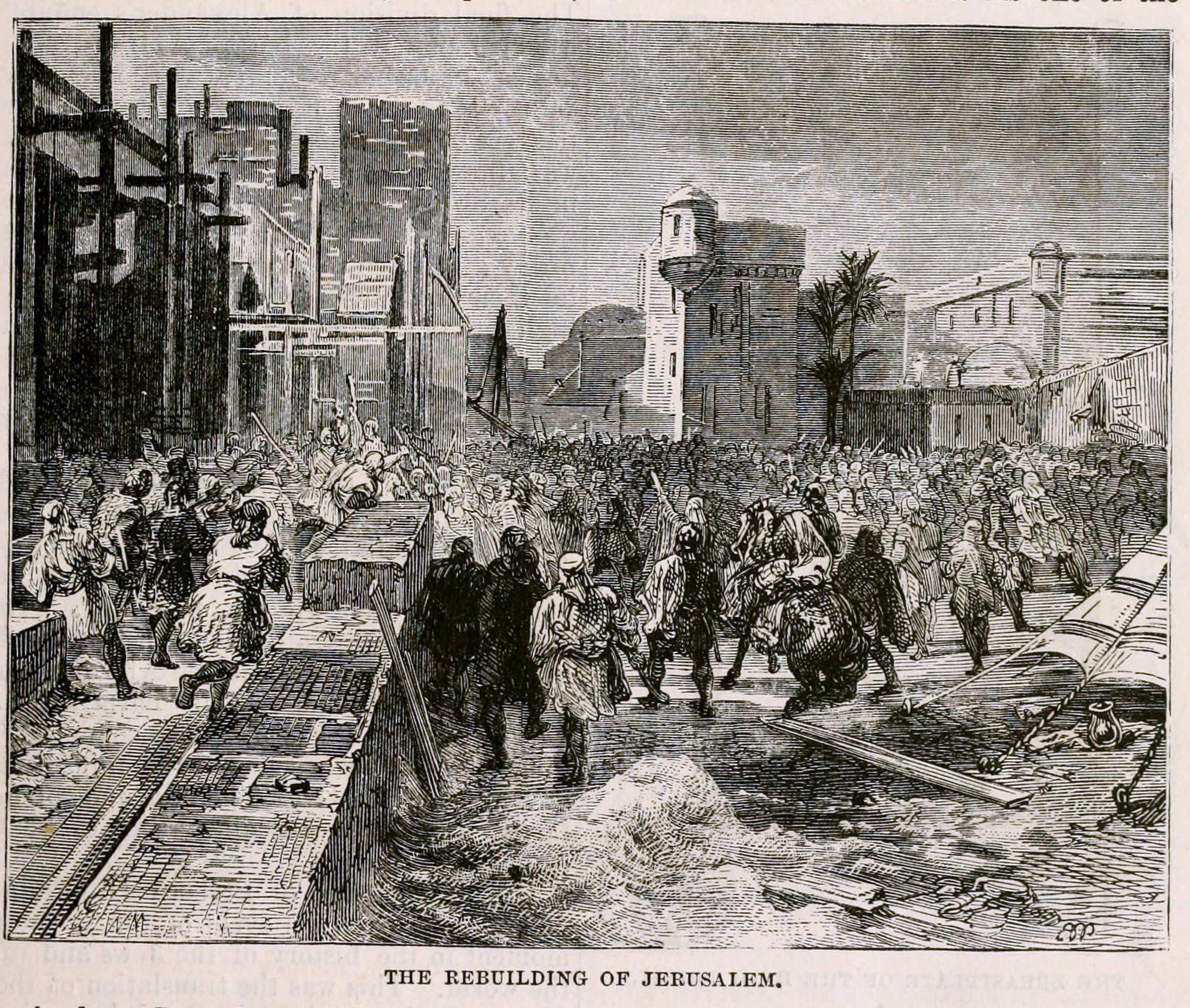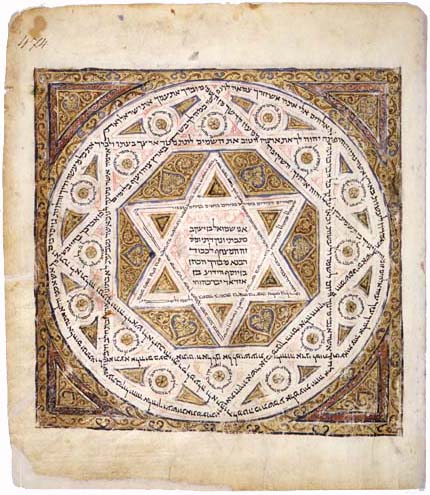|
Abda (biblical Figure)
The name Abda means ''servant,'' or perhaps is an abbreviated form of ''servant of YHWH''. There are two people by this name in the Hebrew Bible. *An Abda mentioned in passing when Solomon set Adoniram son of Abda in charge of forced labor for Solomon's building projects (). The forced labor is referred to by the word "levy" in the Revised Version and "tribute" in the King James Version. *A Levite of the family of Jeduthun (), also called Obadiah (). He was the son of Shammua and served in Jerusalem under Nehemiah. Where the Masoretic Text has ''Abda,'' the Septuagint The Greek Old Testament, or Septuagint (, ; from the la, septuaginta, lit=seventy; often abbreviated ''70''; in Roman numerals, LXX), is the earliest extant Greek translation of books from the Hebrew Bible. It includes several books beyond th ..., depending on the location and manuscript, has names such as ''Abao, Ephra, Edram, Ioreb, Obeb,'' and ''Abdias.''Cheyne and Black (1899), ''Encyclopaedia Biblica'', en ... [...More Info...] [...Related Items...] OR: [Wikipedia] [Google] [Baidu] |
Hebrew Bible
The Hebrew Bible or Tanakh (;"Tanach" ''Random House Webster's Unabridged Dictionary''. Hebrew: ''Tānāḵh''), also known in Hebrew as Miqra (; Hebrew: ''Mīqrā''), is the Biblical canon, canonical collection of Hebrew language, Hebrew scriptures, including the Torah, the Nevi'im, and the Ketuvim. Different branches of Judaism and Samaritanism have maintained different versions of the canon, including the 3rd-century Septuagint text used by Second-Temple Judaism, the Syriac language Peshitta, the Samaritan Torah, the Dead Sea Scrolls, and most recently the 10th century medieval Masoretic Text, Masoretic text created by the Masoretes currently used in modern Rabbinic Judaism. The terms "Hebrew Bible" or "Hebrew Canon" are frequently confused with the Masoretic text, however, this is a medieval version and one of several ... [...More Info...] [...Related Items...] OR: [Wikipedia] [Google] [Baidu] |
Solomon
Solomon (; , ),, ; ar, سُلَيْمَان, ', , ; el, Σολομών, ; la, Salomon also called Jedidiah (Hebrew language, Hebrew: , Modern Hebrew, Modern: , Tiberian Hebrew, Tiberian: ''Yăḏīḏăyāh'', "beloved of Yahweh, Yah"), was a monarch of ancient Israel and the son and successor of David, according to the Hebrew Bible and the Old Testament. He is described as having been the penultimate ruler of an amalgamated Kingdom of Israel (united monarchy), Israel and Judah. The hypothesized dates of Solomon's reign are 970–931 BCE. After his death, his son and successor Rehoboam would adopt harsh policy towards the northern tribes, eventually leading to the splitting of the Israelites between the Kingdom of Israel (Samaria), Kingdom of Israel in the north and the Kingdom of Judah in the south. Following the split, his Patrilineality#In the Bible, patrilineal descendants ruled over Judah alone. The Bible says Solomon built the Solomon's Temple, First Temple in Jerus ... [...More Info...] [...Related Items...] OR: [Wikipedia] [Google] [Baidu] |
Adoniram
Adoniram (; Hebrew, אדונירם, 'my Lord has exalted'; alternate form Adoram, אדורם '' 'adoram'', 'the Lord has exalted'), the son of Abda, was the tax collector in the United Kingdom of Israel for over forty years, from the late years of King David's reign until the reign of Rehoboam. In the language of the Tanakh, he was "over the tribute", i.e. the levy or forced labor. He was in charge of conscripted timber cutters during the building of King Solomon's temple. According to the biblical narrative, he was stoned to death by the people of Israel Israel (; he, יִשְׂרָאֵל, ; ar, إِسْرَائِيل, ), officially the State of Israel ( he, מְדִינַת יִשְׂרָאֵל, label=none, translit=Medīnat Yīsrāʾēl; ), is a country in Western Asia. It is situated ... when Rehoboam sent him in an attempt to collect taxes. References * Books of Kings people Tax collectors 10th-century BCE Hebrew people {{Hebrew-Bible-stub ... [...More Info...] [...Related Items...] OR: [Wikipedia] [Google] [Baidu] |
Revised Version
The Revised Version (RV) or English Revised Version (ERV) of the Bible is a late 19th-century British revision of the King James Version. It was the first and remains the only officially authorised and recognised revision of the King James Version in Great Britain. The work was entrusted to over 50 scholars from various denominations in Great Britain. American scholars were invited to co-operate, by correspondence.Revised Version - CAMBRIDGE - At the University Press - London: Cambridge University Press, 200 Euston Road, N.W., Synopsis Its New Testament was published in 1881, its Old Testament in 1885, and its Apocrypha in 1894. The best known of the translation committee members were Brooke Foss Westcott and Fenton John Anthony Hort; their fiercest critics of that period were John William Burgon and George Saintsbury. Features The New Testament revision company was commissioned in 1870 by the convocation of Canterbury. Their stated aim was "to adapt King James' version to th ... [...More Info...] [...Related Items...] OR: [Wikipedia] [Google] [Baidu] |
King James Version
The King James Version (KJV), also the King James Bible (KJB) and the Authorized Version, is an Bible translations into English, English translation of the Christian Bible for the Church of England, which was commissioned in 1604 and published in 1611, by sponsorship of King James VI and I. The List of books of the King James Version, 80 books of the King James Version include 39 books of the Old Testament, an Intertestamental period, intertestamental section containing 14 books of what Protestantism, Protestants consider the Biblical apocrypha#King James Version, Apocrypha, and the 27 books of the New Testament. Noted for its "majesty of style", the King James Version has been described as one of the most important books in English culture and a driving force in the shaping of the English-speaking world. The KJV was first printed by John Norton and Robert Barker (printer), Robert Barker, who both held the post of the King's Printer, and was the third translation into Englis ... [...More Info...] [...Related Items...] OR: [Wikipedia] [Google] [Baidu] |
Levite
Levites (or Levi) (, he, ''Lǝvīyyīm'') are Jewish males who claim patrilineal descent from the Tribe of Levi. The Tribe of Levi descended from Levi, the third son of Jacob and Leah. The surname ''Halevi'', which consists of the Hebrew definite article "" ''Ha-'' ("the") plus ''Levi'' (Levite) is not conclusive regarding being a Levite; a titular use of HaLevi indicates being a Levite. The daughter of a Levite is a " ''Bat Levi''" (''Bat'' being Hebrew for "daughter"). The Tribe of Levi served particular religious duties for the Israelites and had political (administering cities of refuge) and educational responsibilities as well. In return, the landed tribes were expected to support the Levites with a tithe (), particularly the tithe known as the First tithe, ''ma'aser rishon''. The Kohanim, a subset of the Levites, were the priests, who performed the work of holiness in the Temple. The Levites, referring to those who were not Kohanim, were specifically assigned to * singi ... [...More Info...] [...Related Items...] OR: [Wikipedia] [Google] [Baidu] |
Jeduthun
Jeduthun - lauder; praising - the name of one or two men in the Bible. * A Levite of the family of Merari, and one of the three masters of music appointed by David. (1 Chr. 16:41, 42; 25:1-6) His office was generally to preside over the music of the temple service. Jeduthun's name stands at the head of Psalms 39, 62 and 77, indicating probably that they were to be sung by his choir. * A Levite whose son or descendant Obed-Edom was a gatekeeper at the time David brought the Ark of the Covenant to Jerusalem Jerusalem (; he, יְרוּשָׁלַיִם ; ar, القُدس ) (combining the Biblical and common usage Arabic names); grc, Ἱερουσαλήμ/Ἰεροσόλυμα, Hierousalḗm/Hierosóluma; hy, Երուսաղեմ, Erusałēm. i ... (1 Chronicles 16:1). * Heman and Jeduthun were responsible for the sounding of the trumpets and cymbals and for the playing of the other instruments for sacred song. (1 Chronicles 16:42). 11th-century BCE Hebrew people 10 ... [...More Info...] [...Related Items...] OR: [Wikipedia] [Google] [Baidu] |
Obadiah
Obadiah (; he, עֹבַדְיָה – ''ʿŌḇaḏyā'' or – ''ʿŌḇaḏyāhū''; "servant of Yah", or "Slave of Yah HVH) is a biblical prophet. The authorship of the Book of Obadiah is traditionally attributed to the prophet Obadiah. Biblical account Dating The Interpreters' Bible states that: Rabbinic tradition According to the Talmud, Obadiah is said to have been a convert to Judaism from Edom, Translated by Michael L. Rodkinson a descendant of Eliphaz, the friend of Job. He is identified with the Obadiah who was the servant of Ahab, and was chosen to prophesy against Edom because he was himself an Edomite. Obadiah is supposed to have received the gift of prophecy for having hidden the "hundred prophets" from the persecution of Jezebel. He hid the prophets in two caves, so that if those in one cave should be discovered those in the other might yet escape. Obadiah was very rich, but all his wealth was expended in feeding the poor prophets, unt ... [...More Info...] [...Related Items...] OR: [Wikipedia] [Google] [Baidu] |
Jerusalem
Jerusalem (; he, יְרוּשָׁלַיִם ; ar, القُدس ) (combining the Biblical and common usage Arabic names); grc, Ἱερουσαλήμ/Ἰεροσόλυμα, Hierousalḗm/Hierosóluma; hy, Երուսաղեմ, Erusałēm. is a city in Western Asia. Situated on a plateau in the Judaean Mountains between the Mediterranean Sea, Mediterranean and the Dead Sea, it is one of the List of oldest continuously inhabited cities, oldest cities in the world and is considered to be a holy city for the three major Abrahamic religions: Judaism, Christianity, and Islam. Both Israelis and Palestinians claim Jerusalem as their Capital city, capital, as Israel maintains its primary governmental institutions there and the State of Palestine ultimately foresees it as its seat of power. Because of this dispute, Status of Jerusalem, neither claim is widely recognized internationally. Throughout History of Jerusalem, its long history, Jerusalem has been destroyed at least twice, Sie ... [...More Info...] [...Related Items...] OR: [Wikipedia] [Google] [Baidu] |
Nehemiah
Nehemiah is the central figure of the Book of Nehemiah, which describes his work in rebuilding Jerusalem during the Second Temple period. He was governor of Persian Judea under Artaxerxes I of Persia (465–424 BC). The name is pronounced or in English. It is in Hebrew , ''Nəḥemyāh'', " Yah comforts". Most scholars believe Nehemiah was a real historical figure and that the Nehemiah Memoir, a name given by scholars to certain portions of the book written in the first person, is historically reliable.For confirmation that many scholars share this view, see For confirmation that most scholars share this view, see For an author who disagrees with the scholarly majority position on the historicity of Nehemiah and Ezra, but acknowledges the existence of that majority, see Book of Nehemiah narrative In the 20th year of Artaxerxes I (445 or 444 BC), Nehemiah was cup-bearer to the king. Learning that the remnant of Jews in Judah were in distress and that the walls of Jerus ... [...More Info...] [...Related Items...] OR: [Wikipedia] [Google] [Baidu] |
Masoretic Text
The Masoretic Text (MT or 𝕸; he, נֻסָּח הַמָּסוֹרָה, Nūssāḥ Hammāsōrā, lit. 'Text of the Tradition') is the authoritative Hebrew and Aramaic text of the 24 books of the Hebrew Bible (Tanakh) in Rabbinic Judaism. The Masoretic Text defines the Jewish canon and its precise letter-text, with its vocalization and accentuation known as the ''mas'sora''. Referring to the Masoretic Text, ''mesorah'' specifically means the diacritic markings of the text of the Hebrew scriptures and the concise marginal notes in manuscripts (and later printings) of the Tanakh which note textual details, usually about the precise spelling of words. It was primarily copied, edited and distributed by a group of Jews known as the Masoretes between the 7th and 10th centuries of the Common Era (CE). The oldest known complete copy, the Leningrad Codex, dates from the early 11th century CE. The differences attested to in the Dead Sea Scrolls indicate that multiple versions of ... [...More Info...] [...Related Items...] OR: [Wikipedia] [Google] [Baidu] |







